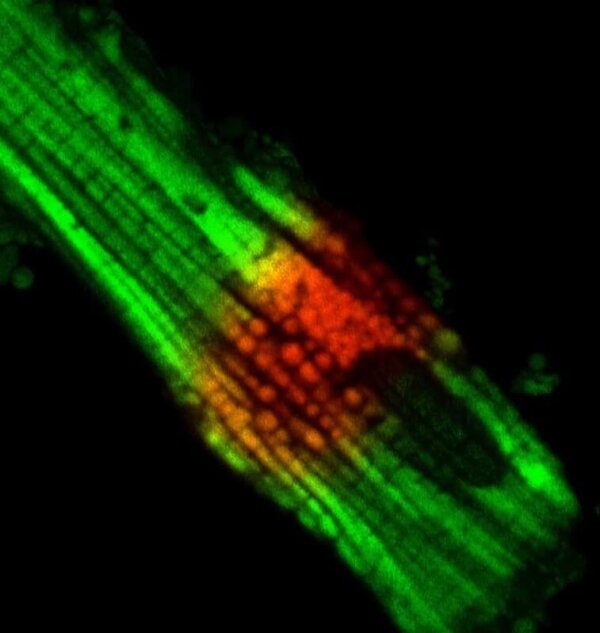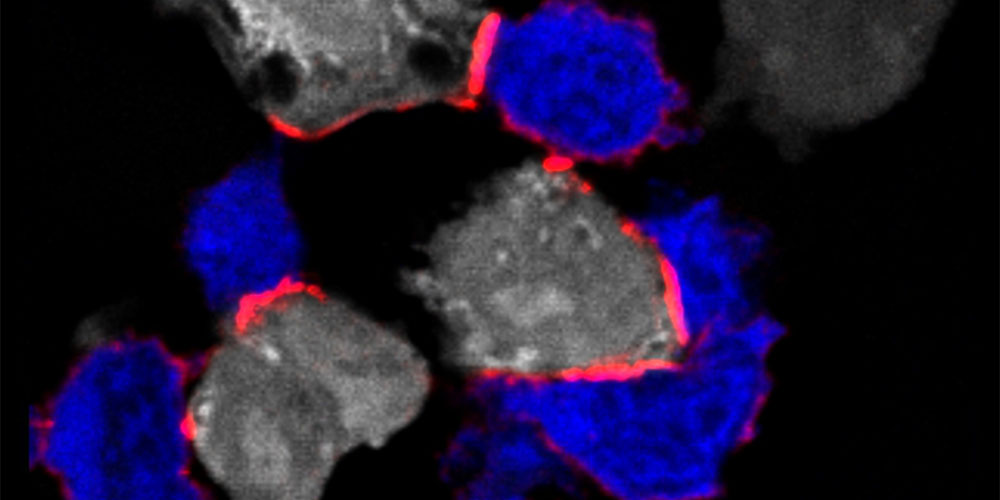
Researchers from The University of Texas Health Science Center at San Antonio (UT Health San Antonio) have developed a small-molecule drug that prevents weight gain and adverse liver changes in mice fed a high-sugar, high-fat Western diet throughout life.
“When we give this drug to the mice for a short time, they start losing weight. They all become slim,” said Madesh Muniswamy, Ph.D., professor of medicine in the health science center’s Joe R. and Teresa Lozano Long School of Medicine.
Findings by the collaborators, also from the University of Pennsylvania and Cornell University, were published Feb...
Read More









Recent Comments